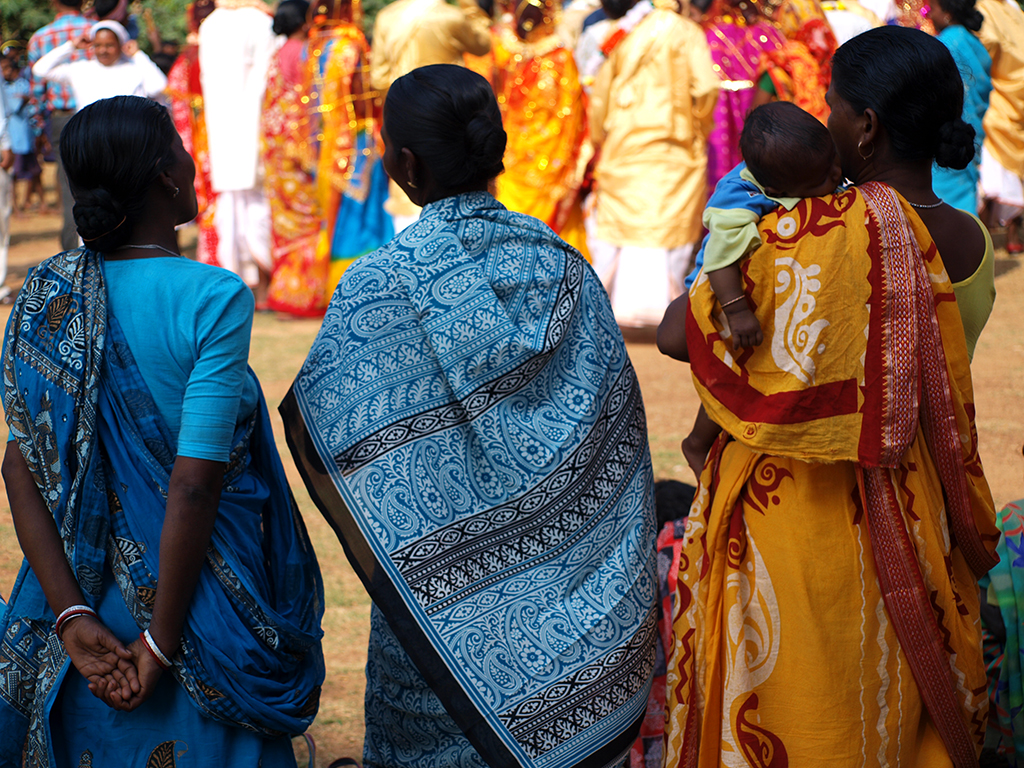Community health financing: a model to protect households from unexpected health costs in informal settings

In low- and middle-income countries, catastrophic health expenditures and economic hardship constitute a common risk for households’ welfare. Community health financing (CHF) represents a viable option to improve financial protection, but robust impact evaluations are needed to advance the debate concerning universal health coverage in informal settings. In their latest article “Financial protection and coping strategies in rural Uganda: an impact evaluation of community-based zero-interest healthcare loans”, published on Health Policy and Planning, Maria Nannini, Inclusive Development Unit, Mario Biggeri, ARCO’s Scientific Director and Giovanni Putoto, CUAMM – Medici con l’Africa, aim at assessing the impact of a CHF pilot programme and, specifically, of the initial phase involving zero-interest loans on health expenditures and coping strategies in Oyam, a rural district of Uganda.
Community health financing
The international NGO ‘Doctors with Africa CUAMM’ is implementing a multi-year programme in the rural district of Oyam (Northern Uganda) that aims at improving accessibility and quality of health services. In January 2019, as part of the general programme, CUAMM launched a pilot intervention of CHF, following the main recommendations that emerged from a specific feasibility study on community health insurance. The objective of the intervention is to enhance households’ capacity to deal with health expenses by setting up a pre-payment financing mechanism owned by the community. Since the principles of insurance require a reasonable period of time to be fully understood and accepted by the population, the scheme implemented during the first year of the project consisted of a preliminary mechanism of prepayment where each member contributed a fixed amount and, in the case of need, borrowed with zero interest for healthcare expenses.
The pooled funds are earmarked for health expenses and used to pay healthcare for members covering both out-patient and in-patient services. After benefitting from the health services, the household who drew from the pooled funds has 4 months to repay the group with zero interest. Households who do not need to borrow for health expenses can decide whether to withdraw their contribution at the end of the year or, alternatively, to renew the membership. While this model of zero-interest loans does not allow to achieve a complete risk-sharing for health expenses, it has the advantage to ensure a reliable source to finance health services and, thus, to accelerate access to care.
Impact evaluation
The analysis relies on a panel household survey performed before and after the intervention and complemented by qualitative data obtained from structured focus group discussions. Exploiting an instrumental variable approach, Researchers measured the causal effect of the intervention. The main findings were then integrated with qualitative evidence on the heterogeneity of the programme’s impact across different household categories.
In the article, Researchers argue that the intervention of zero-interest healthcare loans is effective in improving financial protection and longer-term welfare. Community perceptions suggested that the population excluded from the scheme is disadvantaged when facing unpredictable health costs. Among the enrolled members, the poorest seem to receive a greater benefit from the intervention.
Overall, the study provides support for the positive role of community-based mechanisms to progress towards universal coverage and offers policy-relevant insights to timely design comprehensive health financing reforms.
To know more about it, read it on Health Policy and Planning website.
Read more on our Inclusive Development Unit